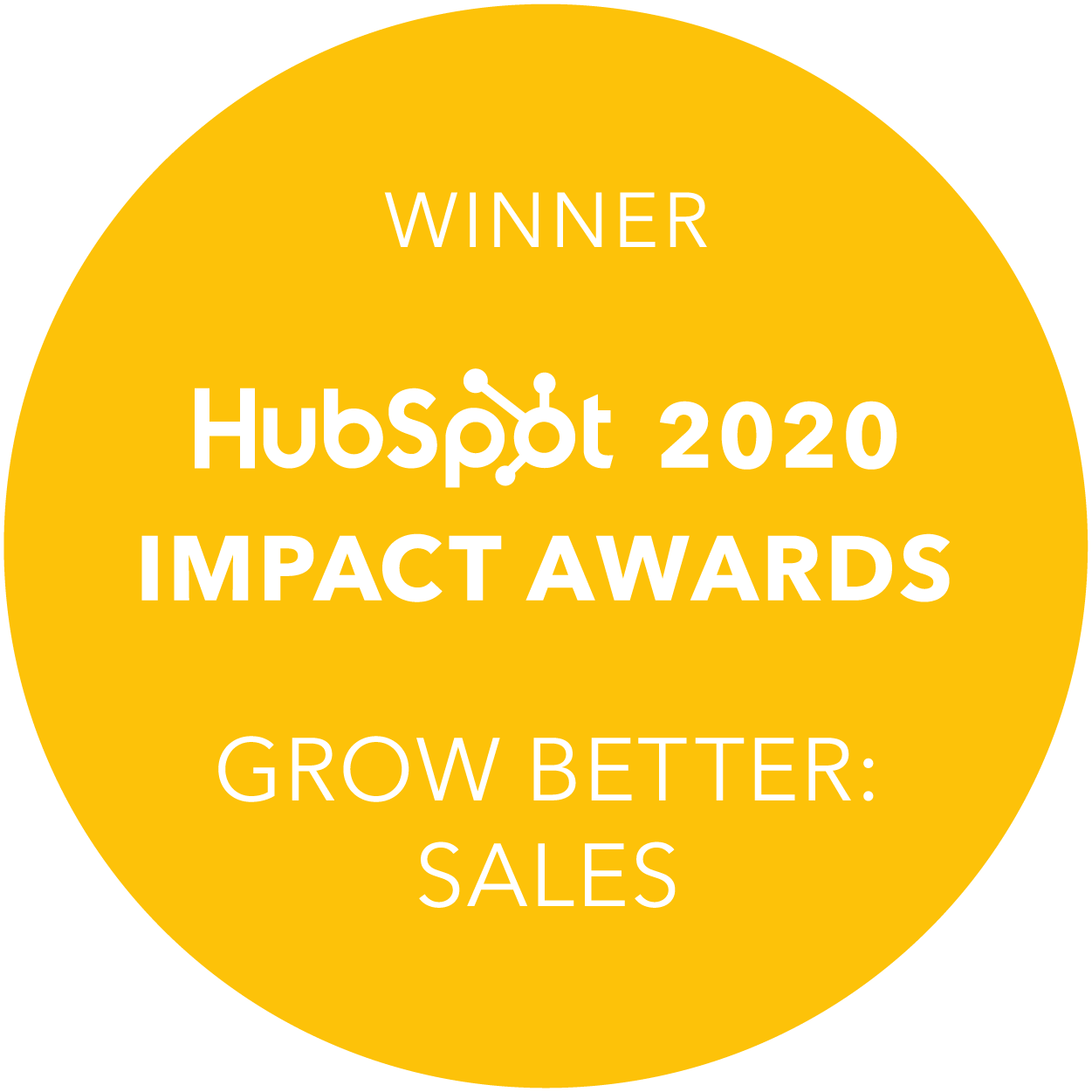“Customer relationship management” can sound intimidating to small- and mid-sized businesses. After all, if your company only has a handful of customers, why do you need a dedicated process or system to keep track of them? A few spreadsheets and rules of thumb will do just fine.
But what happens when business starts to boom? At some point, the organization will need to implement a customer contact management system that’s more organized and streamlined than a mass of spreadsheets. And such a migration could be painful if the decision has been put off a few too many months, or even years.
At its core, a CRM is not just useful to large enterprise companies -- it’s essential for businesses of all sizes. But don’t just take our word for it. Did you know that 75% of sales managers say that using a CRM helps to drive and increase sales? Or that CRM systems improve customer retention by 27%?. It’s hard to argue with numbers like that.
What is a CRM?
CRM stands for customer relationship management, and it refers to software that helps companies track interactions with their future and current customers. The goal of implementing a CRM is to create a system that your sales and marketing teams can use to more efficiently and effectively interact with prospects or customers. Marketing will often use a CRM to ensure that they’re passing the right leads to their sales team -- a key aspect of developing a strong relationship with the sales team.
Salespeople utilize the CRM in a different way. They use it to source prospective customers, communicate with them, and track their interactions over time. Having the entire prospect history in one place increases their efficiency and improves their productivity. For instance, salespeople using a CRM won’t have to hunt through their email to remember where a conversation left off.
The short answer is that any company who seeks to maintain a relationship with their customers can benefit from using a CRM system. To get a little bit more specific, there are two groups of companies that often see the most benefit:
- B2B companies that typically need to track leads and customers across long sales cycles and through upgrade paths (e.g., a software company, a recruiting firm)
- Considered purchase B2C companies (e.g., a jeweler, a landscaping service, or a realtor.)
That being said, there are a lot of companies who don’t fit the above two profiles, but still find value in using a CRM system. Another way to understand whether or not a CRM system can help your business is to think about the challenges that CRM systems aim to solve:
- Do you have a need for maintaining a central list of information on your leads and customers? Does this information live in many different places?
- >Are your customers regularly interfacing with multiple people on your team? How does everyone keep track of where the conversation with any one customer left off?
- Do you struggle to understand the productivity of your sales team? Does your sales team follow a structured process?
If you answered yes to any one or more of the above questions, chances are your business could benefit from a CRM system.
Benefits of a CRM
There are many things a CRM can do that should get marketers, salespeople, or business owners pretty excited! Here’s how a CRM can make you a more effective marketing and sales machine...
1 | Better Lead Intelligence for Both Marketing and Sales
Wouldn’t it be helpful if you knew when a potential customer was looking at your website? Implementing a CRM will allow your sales team to know how many times potential customers have visited your site, what they have looked at, what emails they have opened, or if they have ever talked to a member of your sales team.
2 | Better Sales and Marketing (Smarketing) Alignment
Sales and marketing both have numbers they need to hit each month, and when both teams have visibility into one another metrics they can easily assess each team’s progress and identify and remedy problems early on in the month. Real-time reporting holds both teams accountable to their goals and helps one another work together toward shared outcomes.
3 | Help Sales Prioritize its Pipeline
A CRM not only gives complete visibility into the sales pipeline, but it also helps sales people prioritize who to call first so they don’t miss important opportunities. When sales and marketing set up a CRM, they can identify important criteria and even implement a lead scoring system. Organizational systems like these reduce time spent sifting through leads, and enable salespeople to prioritize the best opportunities.
4 | Closed-Loop Reporting Lets Marketers Improve Campaigns
When you integrate marketing software with your CRM, marketing can easily analyze the effectiveness of its campaigns using closed-loop reporting. For example, when a salesperson converts a lead into a paying customer, he or she can mark it in the CRM, and it will automatically be noted in your marketing software, too.
In conclusion
Before all else, a CRM system should be useful to its end users: salespeople, sales managers, marketers, and business leaders. CRM systems have a range of functionalities, but these nine features are must-haves for any business that is aiming to organize their systems and improve their efficiency.
To reap the full benefits of a CRM, you have to choose one with the features that are right for your business today and that can grow with you as your business evolves. Think about your company’s growth goals, and consider both your short-term and long-term needs when investing in a CRM platform.
Keep in mind, a CRM is not only a financial investment, it is also a time investment for your sales and marketing organization. Picking the right system, implementing it, and enforcing best practices around it’s usage will pay dividends as your company continues to grow and scale.

.png?width=200&height=67&name=RevM%20Digital%20Marketing%20Agency%20Woking%20Surrey%20(1).png)







